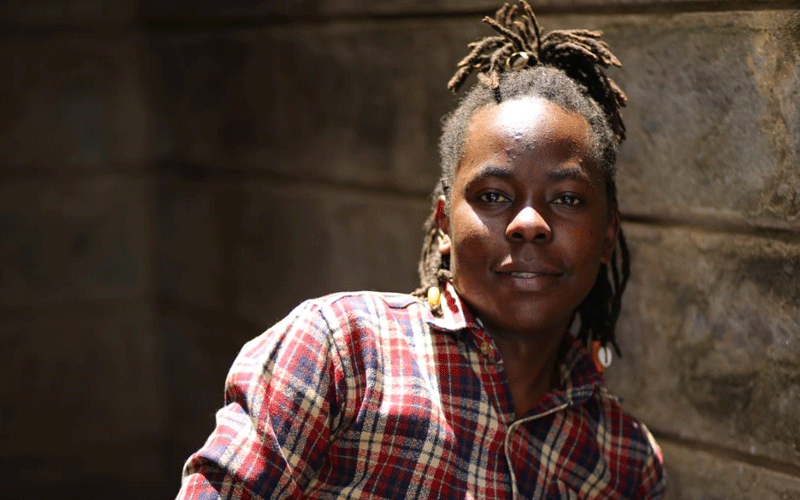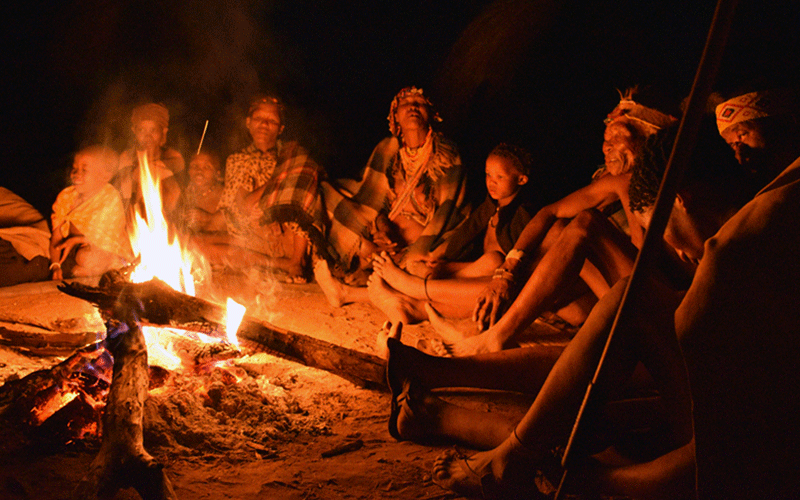Should we go back to traditional mode of sex education?
By Sandra Wekesa, July 29, 2020This training was important in every African society and was conducted by select members of the community. However, things have changed and for the worse, bringing in the question of whether these messengers should be reinstituted.
Growing up in today’s society has left most children puzzled about what exactly sex education is.
Some girls only know that you can get pregnant by kissing a boy or even talking to them, and others have advanced knowledge thanks to their peers and technology. But who exactly is to blame in all this?
Mirriam Wangui, a parent, says she doesn’t seem to understand the kind of sex education children receive in school.
To her, a teacher today serves the same role as the traditional sex educators in the olden days and it is entirely their responsibility to deliver accurate information to children.
“Sex education has never been a topic in my house because as a parent I wouldn’t want to give out so much information to my 17-year-old boy only to find out that he knows little or more.
It can be devastating; that is why I leave it to the teacher to delve into the topic,” she says.
Other than telling him to abstain, she makes sure he is engaged in games and activities that will have him learning more.
“I play my role as a parent, but also make sure he learns more from experts such as psychologists and pastors.
This, I believe, is the right way because I am shy to have certain discussions with him,” says Wangui.
Brian Otieno, a counselling psychologist and sexual reproductive health advocate, says human sexuality plays a major role during puberty when hormones dictate so much of an individual’s behaviour. “

At this point, the urge to know clouds an adolescent’s mind, curiosity and experimentation becomes a point of refuge.
They need to know, understand, explain, define their emotions, behaviour and thoughts is key; the search for knowledge becomes the agenda.
Deriving this knowledge turns to risky behavior and adventures that become life changing such as teenage pregnancies,” he says.
According to Rutgers International, adolescent birth rate in Kenya is at 96 per 1,000 women.
Further, one in every five adolescent girl has either had a live birth or is pregnant with her first child.
A new United Nations Population Fund report says one in every three pregnancies in Kenya is of adolescents aged 10-19.
Some of the new rising cases are not only being fueled by poverty, rape, peer influence or drug abuse, but also, lack of knowledge.
Which begs the question, what is the position of culture in all this? Where are our senga (aunt), wajomba (uncle), our grandfathers and grandmothers, who were given the role to impart such knowledge throughout the life of young ones.
Healthy relationships
Maria Birungi, a cultural commentor, says a senga (mostly the father’s sister) was the most important person in the preparation of a woman in the society as she played a role in building knowledge about sexual communication, family planning, STIs, HIV/Aids and the preparation of a woman to become a wife.
In the past, Birungi says, societies concentration was on the girl, and they had to ensure she had good morals, was respectful, and could handle womanly duties.
“In the Baganda, most girls were taught how to develop healthy relationships with boys and this contributed widely in ensuring most of them got children in marriage and not earlier,” she says.
The right aunty selected for this role was older and had to have the experience of teaching teenagers.
In most cases, they were picked by the elders. The education also involved men, who were trained to become good husbands and shown the importance of seeing a woman prosper.
However, all this began to fade when children moved away from home.
“Most teenagers schooled abroad, and it was hard for them to come home. We had to come up with a way for parents to step in and teach them one or two things regarding sex,” she says.
Insight and information
With the new age and technology a major factor, some teenagers are arning about sex and sexuality through other mediums. This reduced the role the senga played.
For Otieno, society could go back to the cultural way of approaching sex. That people should see the senga and mjomba as important as they were to our society as they imparted youth with necessary skills.
“Families were responsible for providing information about sex. It was not meant to be done by the community before the first word came from the circles of the family.The story nights besides the fire place.
In as much as they used folk tales, they still gave the right inforation,” he says.
Importantly, he insists that human sexuality, sex education, age appropriate sexuality education, life skills is not meant to change or drift moral pointers, but to improve on them by providing more insight and information early for our young ones.
